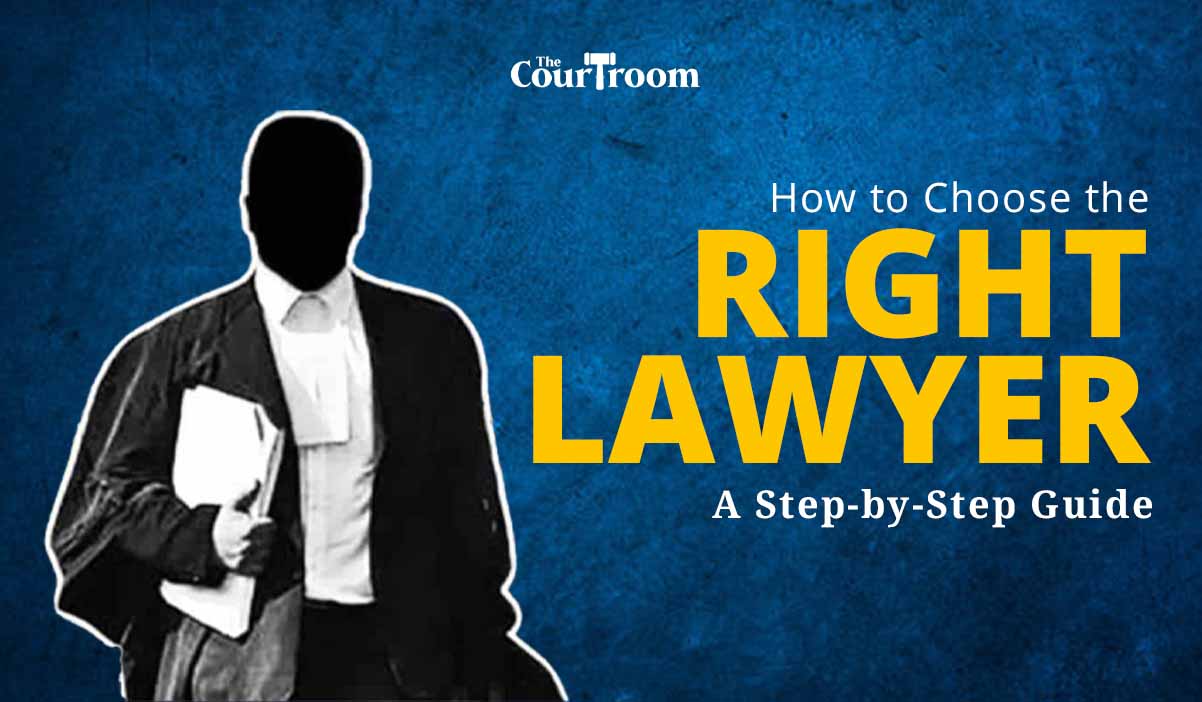Navigating the legal system can be a daunting task, and selecting the right attorney is a crucial step in ensuring a successful outcome. A skilled and experienced attorney can provide invaluable guidance, protect your rights, and represent your interests effectively. This comprehensive guide will help you understand the key factors to consider when choosing an attorney for your case.
1. Specialized Expertise
One of the most important considerations when selecting an attorney is their area of specialization. Different legal matters require unique knowledge and skills. For example, a real estate attorney is better equipped to handle property disputes than a criminal defense attorney. Research and identify attorneys with expertise in your specific legal area.
2. Experience and Track Record
An attorney’s experience and track record can be a strong indicator of their competence. Look for attorneys with a proven history of success in handling cases similar to yours. Consider their experience in court, their negotiation skills, and their overall reputation in the legal community.
3. Communication and Client Service
Effective communication is essential in any attorney-client relationship. Choose an attorney who is responsive, approachable, and willing to keep you informed throughout the legal process. A good attorney will take the time to explain complex legal concepts in a clear and understandable manner.
4. Fee Structure
Understanding the attorney’s fee structure is crucial. Different attorneys may charge hourly rates, flat fees, or contingency fees. Carefully review the fee agreement to ensure you understand the terms and conditions. Be cautious of attorneys who charge excessive fees or have hidden costs.
5. Professionalism and Ethics
An attorney should adhere to the highest ethical standards. Look for an attorney with a strong reputation for professionalism and integrity. Avoid attorneys who engage in unethical or deceptive practices.
6. Referrals and Recommendations
Word-of-mouth referrals can be a valuable source of information when choosing an attorney. Ask friends, family, colleagues, or other professionals for recommendations. You can also check online reviews and ratings to get a sense of other clients’ experiences.
7. Initial Consultation
Schedule an initial consultation with potential attorneys to assess their suitability for your case. During the consultation, discuss the details of your case, ask questions about their experience, and evaluate their communication style and professionalism.
8. Chemistry and Trust
It’s important to feel comfortable and confident in your attorney. Choose someone with whom you can build a trusting relationship. Trust your instincts and select an attorney who you believe will represent your best interests.
9. Geographic Location
While technology has made it easier for attorneys to work remotely, it may be beneficial to choose an attorney who is located in your jurisdiction. This can ensure that they are familiar with local laws and procedures.
10. Attorney’s Resources
Consider the resources available to the attorney, such as their staff, paralegals, and access to experts. An attorney with a strong support team can provide more efficient and effective representation.
Additional Tips:
- Don’t be afraid to ask questions: Clarify any uncertainties or concerns you have during the attorney selection process.
- Get everything in writing: Ensure that all agreements and arrangements are documented in writing.
- Be prepared for the legal process: Gather all relevant documentation and be prepared to answer questions during your initial consultation.
- Trust your instincts: Ultimately, the best attorney for you is the one with whom you feel comfortable and confident.
By carefully considering these factors, you can increase your chances of finding a qualified and experienced attorney who will effectively represent your interests and help you achieve a favorable outcome in your legal matter.
